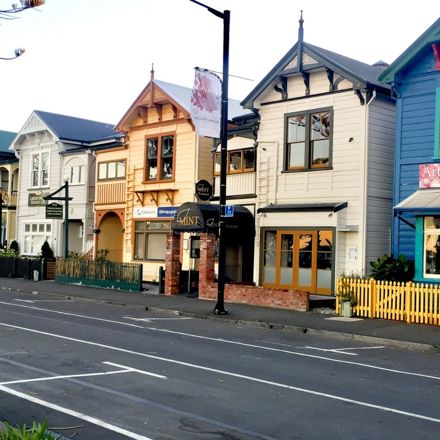Winter Vacancy Rates in Hawke’s Bay: What Landlords Need to Know
Let’s say your property usually rents for around $590 per week. In summer, that might be achievable in just a few days. But in winter, it could take three or four weeks to find a tenant willing to pay that much. In the meantime, you’ve lost over $2,000 in potential income, not to mention ongoing expenses like rates, insurance, and your mortgage.
The longer your property sits empty, the more you eat into your annual return. Sometimes the smartest decision is to meet the market early and keep the rent flowing.
Vacancy vs Higher Rent: Real Rental Income Comparison for Hawke’s Bay Landlords
Consider this:
- $560 per week with no vacancy gives you $29,120 over 52 weeks
- $590 per week with a 4-week vacancy gives you $590 × 48 = $28,320
That is an $800 difference, and that is before you factor in the holding costs that stack up while your property is empty. If it takes even longer than four weeks, the loss grows even faster.
Price Filters vs Timing: How Renters Search in a Slower Market
While tenants still use price filters in $50 brackets like $550, $600, and $650, what matters more in a slower market is whether your property gets shortlisted at all. If there is less urgency from renters, your listing needs to stand out for value, not just price.
That does not mean dropping your rent unnecessarily. It means understanding what else is available, how long those properties have been sitting, and whether your rent sits in a range where people are actually clicking and enquiring.
How Early Marketing Reduces Vacancy in Hawke’s Bay Rentals
Most tenants give 21 days’ notice before they leave. That gives you a head start to advertise, conduct viewings, and line up the next tenant before the current one moves out. In many cases, we are able to secure new tenants before the property is even vacant.
In Hawke’s Bay, our property managers handle this entire process themselves. From listing to screening, they know the local market and how to move quickly, even when tenant enquiry slows down over winter.
Tenant Screening: Avoiding Costly Mistakes by Choosing the Right Renter
While it is important to reduce vacancy, we never rush the process. Selecting the wrong tenant can cost far more than a few weeks’ lost rent. Our team runs thorough checks on every applicant, including rental history, income, and credit assessments, to ensure we are placing someone you can trust.
Keeping Your Property Rented in Winter: Smart Strategies for Landlords
The quieter months are often when landlords lose momentum. But with the right strategy — pricing smart, marketing early, and staying flexible — you can keep your income steady through the year.
At Oxygen, we work with you to adjust your approach seasonally and avoid long gaps between tenancies. It is about making small changes now that protect your return in the long run.




